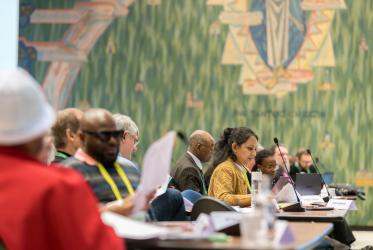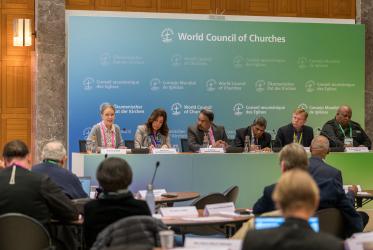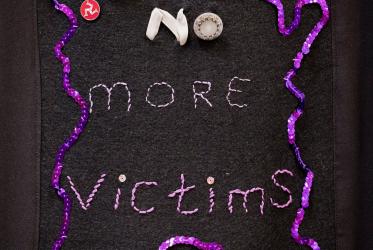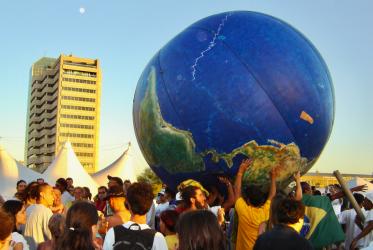Displaying 1 - 20 of 2349
Taxes and gender justice: how do we bridge the divide?
25 April 2024
On International Women’s Day, find ways to end femicide
29 February 2024
What can churches do to prevent modern slavery?
22 February 2024
WCC to share key insights at World Social Forum
09 February 2024










